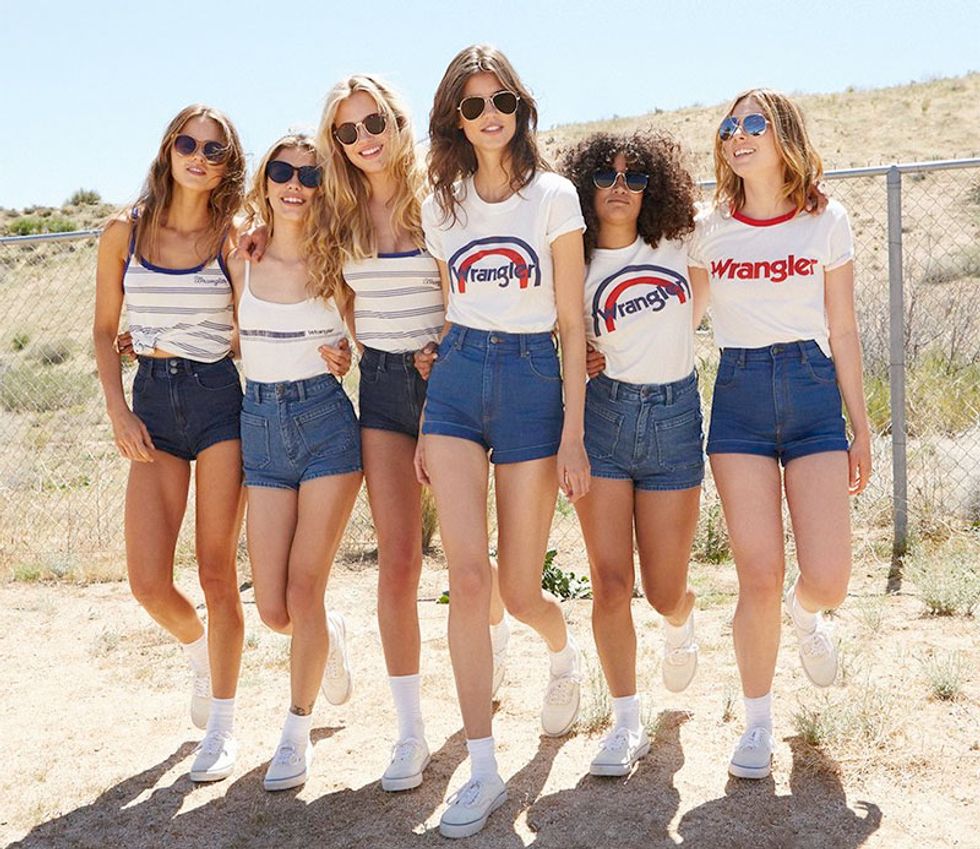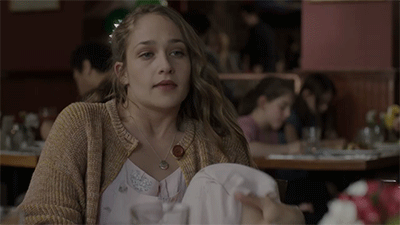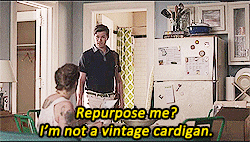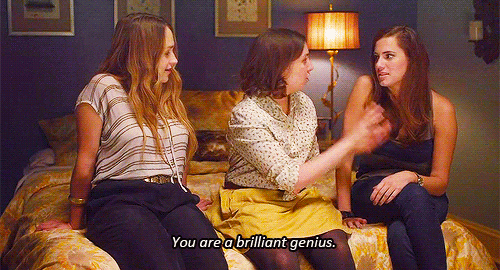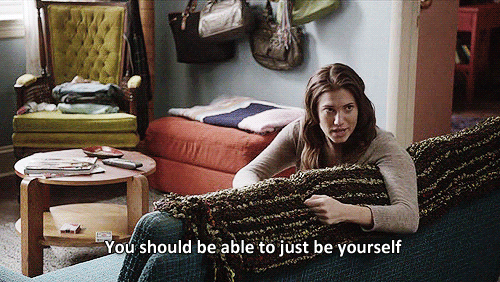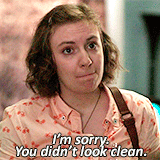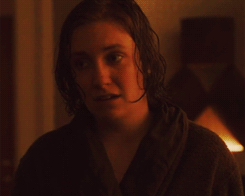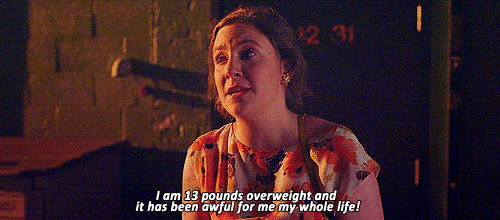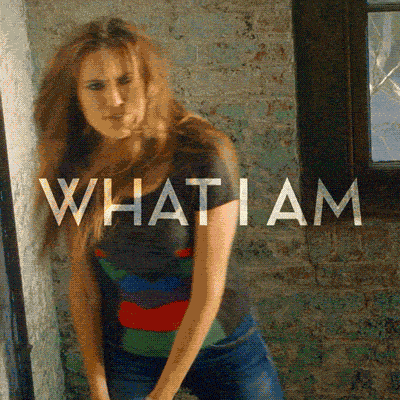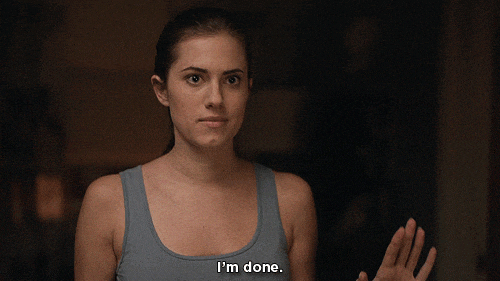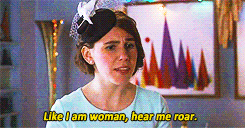Oh Urban Outfitters, how I wish I didn’t like you. Nowhere else can I find artsy looking, thrift store clothing at higher end box store prices. Your clothing is what I wish I was finding while studying abroad in small boutiques. Jessa, from HBO’s Girls, bought her satin jumpsuit in London, but anyone with $80 can buy theirs right in your store. They can buy the essence of a well travelled woman without ever leaving the house. I wish that I could say I was above all of your poser qualities. I am not.
Urban Outfitters commodifies cool. They are in the business of taking the hipster culture and bringing it to the mainstream marketplace. Because of this they are both brilliant and contradictory. They have found a segment of the market that no one else fills. No other box store sells grunge chic quite like they do. Their clothing lines are appear to be effortlessly ahead of trend without ever being groundbreaking. They can somehow predict what I want tomorrow, give it to me that same afternoon, yet brand it to look like it had been there a month before I knew I wanted it.
Through the act of mass producing their signature “underground style,” they eliminate the underground-ness of it all. Their section of the marketplace shouldn’t exist, and yet it does. They have capitalized on millennial’s need to be both completely unique and on trend.
While this is a fantastic marketing and branding strategy, it isn’t exactly genuine. I’m not talking about the fact that the clothing isn’t genuinely unique either. No, I am talking about the company’s overall inability to be truthful. Urban is supposed to be this fun loving, young brand that caters towards millennials. Their branding suggests that they hold the same values as most of their audience does as well. They feature a YouTube series “Skater Girls,” and play up how a woman can be defined as many things, not just feminine clothing and lipstick. However, the models who play these roles are all, well, models. They have no variety in size. They all have roughly the same style; they are uniformly unique.
URBN’s website-URBN being the parent company of Urban-they have a lot of sustainability efforts for their other brands Free People and Anthropologie. Urban however, has very few initiatives that are implemented. Fortunately for Urban, because they are a URBN brand, they get to take credit for their sister brand’s efforts.
But Urban, despite all of this, I still love you. No, I don’t love that you outsource most of your production.
Or that you promote awful body image ideals.
Or even your entire concept of commodifying the hipster culture.
But your clothes are amazing. They do exactly what they are supposed to do. They make me feel trendy and fashionable and unique all at the same time.
Unfortunately though, I have to break up with you.
I cannot buy your coolness anymore. I cannot wear your idea of my uniqueness. I need to find my own. I wish that I didn’t like you; this would be much easier.
But, if you decide to open an actual thrift store anywhere, let me know.

